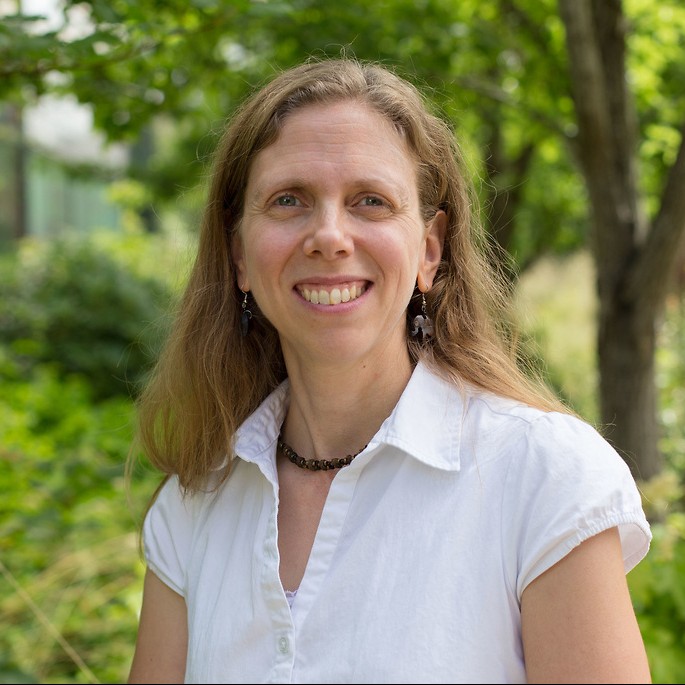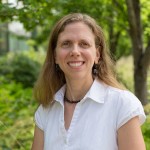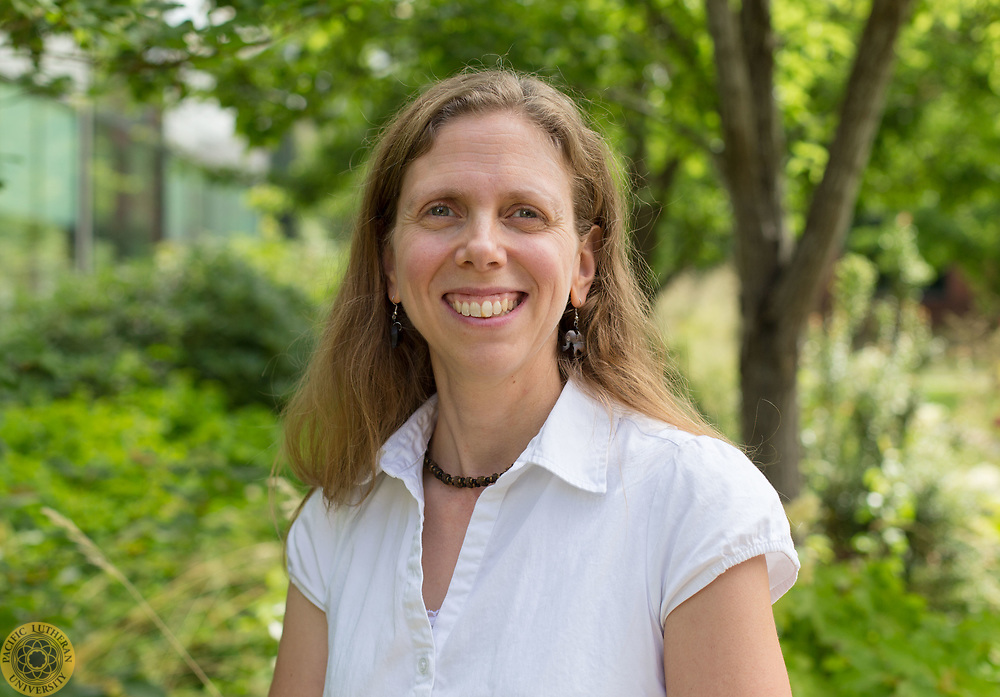Page 37 • (567 results in 0.048 seconds)
-

bacteria in Lake Washington sediment, focusing on techniques allowing for estimating population sizes of different subgroups of these bacteria. Since her arrival at PLU in the Fall of 2002, Dr. Auman has primarily taught introductory biology and microbiology courses. As a microbial ecologist, Dr. Auman’s professional interests focus on studying microbial communities in natural environments with the goal of understanding how the microbes contribute to global processes and what products the microbes make
Office HoursMon - Fri: -Area of Emphasis/Expertise -

a trombonist, and James Dixon as a conductor. I’ve also had some significant experiences with other teachers, like Murry Sidlin and Henry Charles Smith. What is your favorite class to teach and why? That’s tough! I love the orchestra, of course. I find something wonderful about all of the courses I teach—the music history course, the introductory research course for our capstone students and composers, and, yes, even ear training. That last one in particular is crucial to the development of
-

communities of methane-oxidizing bacteria in Lake Washington sediment, focusing on techniques allowing for estimating population sizes of different subgroups of these bacteria. Since her arrival at PLU in the Fall of 2002, Dr. Auman has primarily taught introductory biology and microbiology courses. As a microbial ecologist, Dr. Auman’s professional interests focus on studying microbial communities in natural environments with the goal of understanding how the microbes contribute to global processes and
Office HoursMon - Fri: -Area of Emphasis/Expertise -

change. Our interactions over the years have only strengthened my respect, appreciation and commitment to partner with her in these important endeavors,” Hacker said. Klein is a graduate of Columbia University and currently sits on the Board of Directors of CHILD USAdvocacy, an organization committed to protecting children’s civil liberties and keeping children safe from abuse. The event will be held in the Anderson University Center (Chris Knutsen Hall), with introductory remarks beginning promptly
-

communities of methane-oxidizing bacteria in Lake Washington sediment, focusing on techniques allowing for estimating population sizes of different subgroups of these bacteria. Since her arrival at PLU in the Fall of 2002, Dr. Auman has primarily taught introductory biology and microbiology courses. As a microbial ecologist, Dr. Auman’s professional interests focus on studying microbial communities in natural environments with the goal of understanding how the microbes contribute to global processes and
Office HoursMon - Fri: -Area of Emphasis/Expertise -

communities of methane-oxidizing bacteria in Lake Washington sediment, focusing on techniques allowing for estimating population sizes of different subgroups of these bacteria. Since her arrival at PLU in the Fall of 2002, Dr. Auman has primarily taught introductory biology and microbiology courses. As a microbial ecologist, Dr. Auman’s professional interests focus on studying microbial communities in natural environments with the goal of understanding how the microbes contribute to global processes and
Office HoursMon - Fri: -Area of Emphasis/Expertise -
Chemistry Courses CHEM 101 : Introductory Chemistry An introduction to basic chemical principles, reactions and mathematical skills relating to chemistry. Specifically tailored to students with limited previous chemical experience or those that desire a review of these topics before taking CHEM 105/115. (1) CHEM 103 : Food Chemistry - NW Basic chemistry and the scientific method are applied to cooking, baking, and food preparation. This course includes laboratory experiences and written
-
concepts of science are stressed. Students select two courses (from two different departments) from the following: BIOL 116: Introductory Ecology (4) BIOL 367: Conservation Biology & Management* (4) BIOL 368: Ecology* (4) BIOL 369: Marine Biology* (4) CHEM 104: Environmental Chemistry# (4) ESCI 103: Earthquakes, Volcanoes, and Geological Hazards (4) ESCI 109: The Geology of Energy (4) ESCI 332: Geomorphology* (4) NSCI 350: STEM Education Partnership (4) The Environment and Society 8 semester hours
-
Educational Leadership Program Details Graduate College of Professional Studies education,leadership Economics Economics Program Website major & minor Undergraduate College of Liberal Studies Engineering and Industry Engineering and Industry Program Website minor Undergraduate College of Natural Sciences Social Work Master of Social Work Program Details Graduate College of Health Professions msw STEM Education STEM Education Program Website minor Undergraduate College of Liberal Studies Statistics
-
(BSCS), Taylor Lunde (BACS) LuteLive is an iOS application aiming to promote general student engagement among PLU athletics. Inspired by GoLutes.com, we aimed to make an easier and more accessible application that allows a user to pick a favorite sport, to be kept up to date, as well as informed about upcoming events. Users will have access to the current team rosters, schedules, and statistics. Using Swift, AlamoFire and Kanna libraries, we were able to translate HTML data into live information in
Do you have any feedback for us? If so, feel free to use our Feedback Form.


